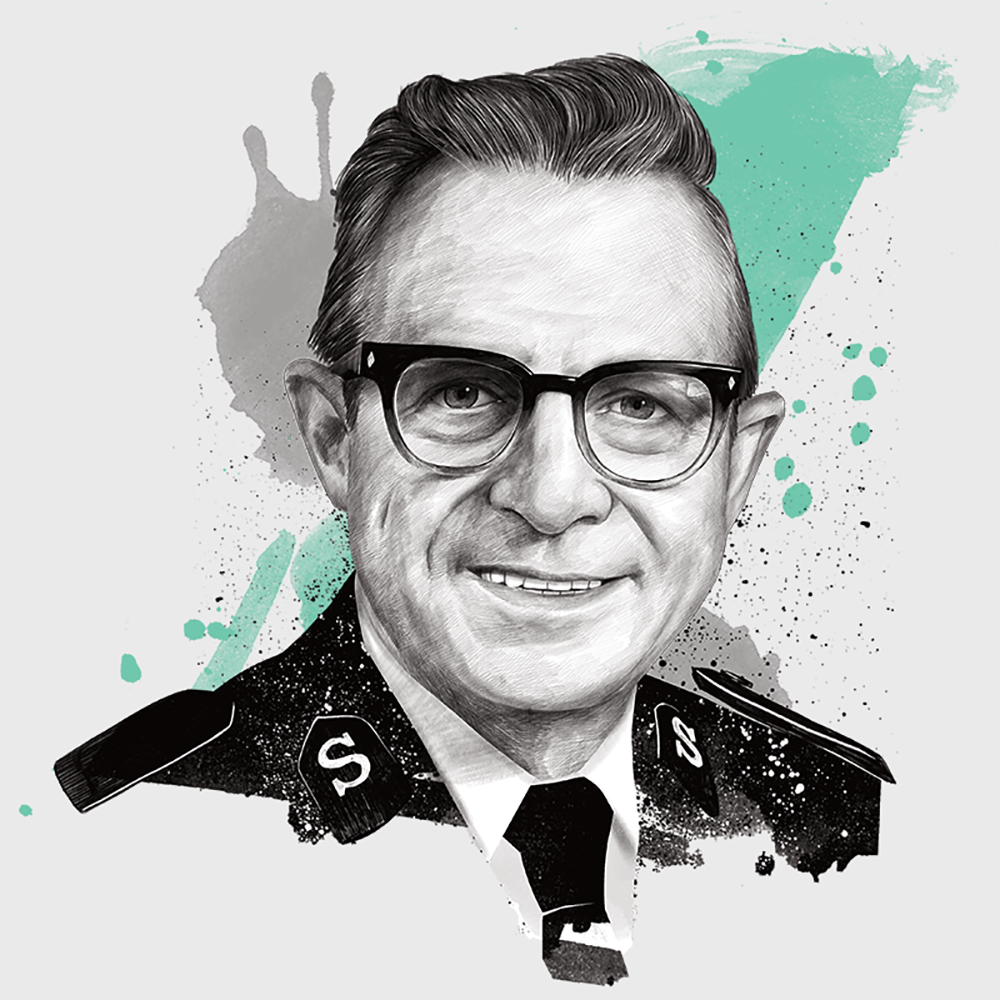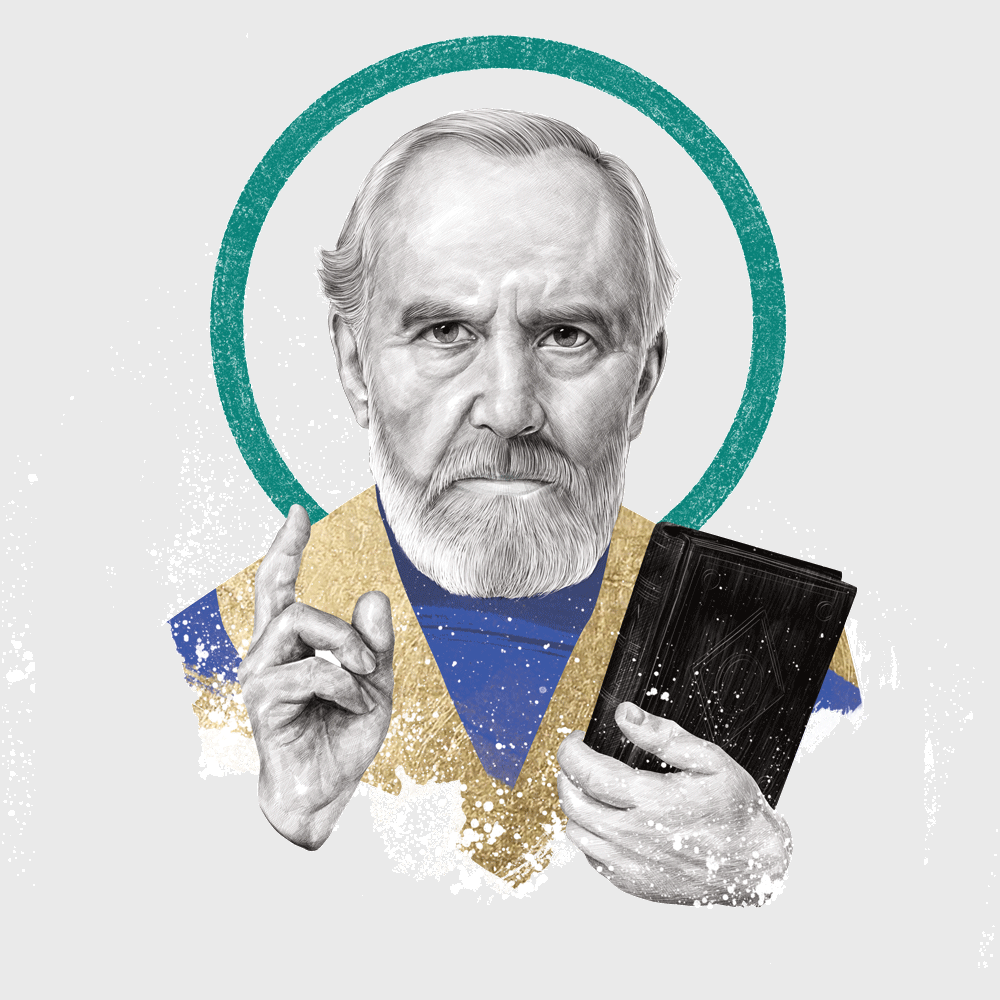Polycarp of Smyrna
Early church leader Polycarp was able to defend his faith from even the most eager attackers.
The first 300 years of the Church were its most formative years. Everyone was writing letters about theology, but whose voice was the most authoritative? The New Testament was being written and circulated, but so were many weird and false theologies. As the Church began to move from first-generation apostles to the next generation, it desperately needed new leaders who could carry the baton of sound doctrine and godly leadership.
Polycarp took the baton and ran.
Polycarp of Smyrna is the first-known martyr in post-New Testament history. It’s unfortunate that more writings of Polycarp and his years of ministry have not survived. There are major gaps that scholars are unable to fill right now. But what we do know about him reveals that he was a powerful speaker, a staunch defender of doctrinal purity and a willing martyr for the sake of the gospel.
Tradition has it that he was personally discipled by the apostle John. He regularly confronted the creeping evil of “Gnosticism” that threatened to sully the gospel. Polycarp regularly took on Gnostics and refuted their teachings in public spaces, converting not just those who were uncommitted to either, but even converting many of the Gnostics!
If his life was dedicated to preserving the gospel, his death was dedicated to demonstrating its power. Polycarp claimed to have heard from the Lord in a vision that he must be burned at the stake; rather than pull a Jonah and head for the other side of the world, he went willingly to his death, obeying the will of God. He was burned at the stake for refusing to burn incense to the Roman Emperor.
His last words are among his most popular: “Eighty and six years I have served Him, and He has done me no wrong. How then can I blaspheme my King and Savior? I bless you Father for judging me worthy of this hour, so that in the company of the martyrs I may share the cup of Christ.”
So What?
Polycarp was able to defend his faith from even the most eager attackers. He stood up for the gospel even in the face of persecution and death. His whole life and death are a testament to the power of the gospel. How can you live your life to better reflect the power and message of the gospel?



